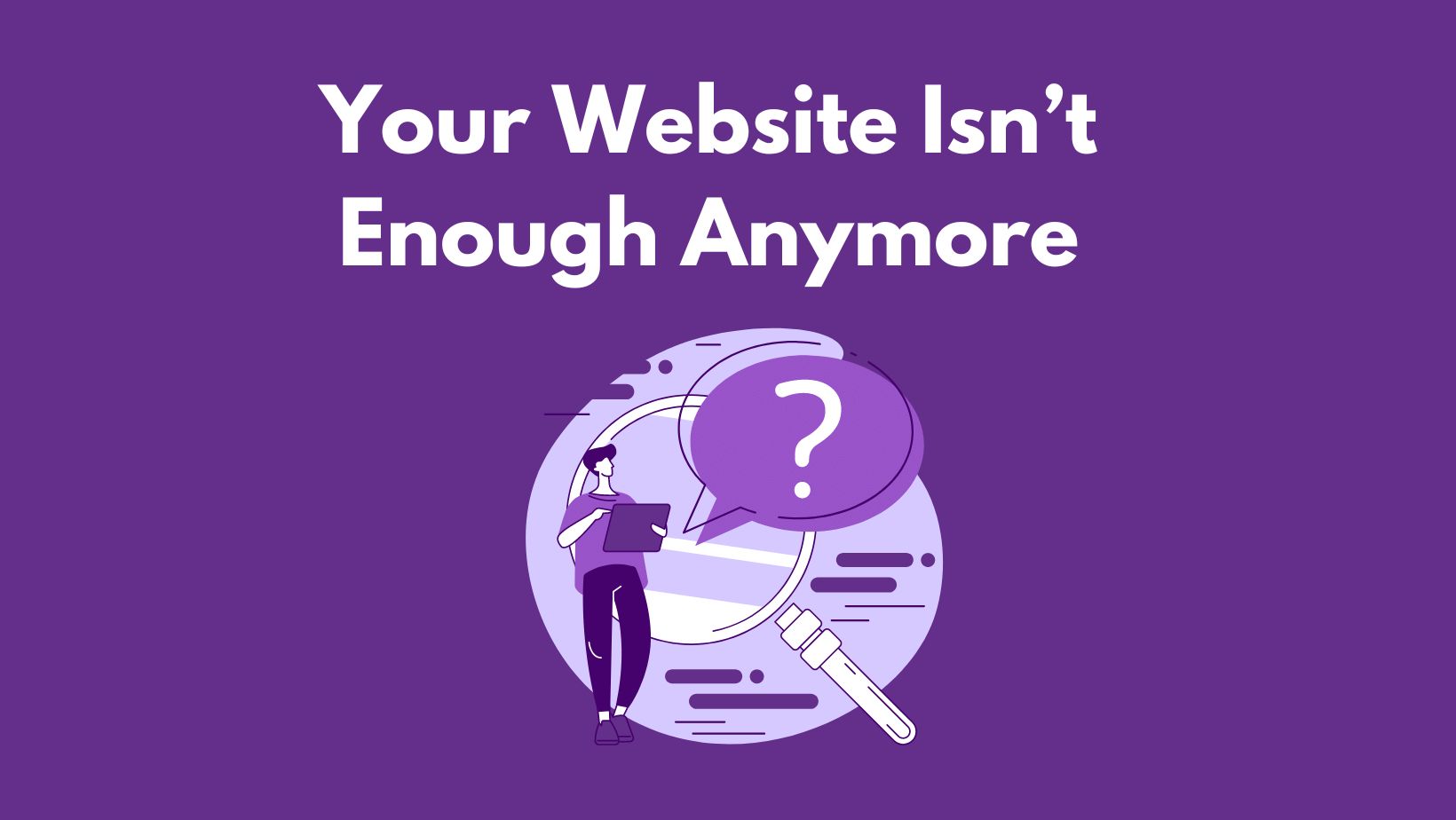Cloud vs Data Center: What to Consider for your Business Startup
The process to store and move data has rapidly emerged with huge expenses and modern aspects. The selection of software, hardware, and infrastructure need is powerfully bounding several firms.
The companies are working hard to develop a robust system that can integrate a well-defined and cost-effective organization.
The primary decision-making process of businesses and organizations would generally assemble many IT-based project selections.
It is specifically done to process the company data and systemic power to a physical residing level.
It is obvious that the supporting infrastructure, servers, and computers are generally bought and set up with on-demand rates.

However, it is thankful for the advanced virtualization and distribution of computer systems that the development of the digital system has become possibly easy. They are readily done for hosting and functioning the entire physical remote system and hardware to be systemically working.
The companies have been confronting with the major two options of Cloud and Data Center nowadays.
These two selections have been charting the development of the traditional data center into a modern-based cloud data center (CDC).
It is always good to know the difference between such two kinds of computing-based systems. They could support any business to grow and make a decision independently and set up a data pipeline successfully.
Cloud vs. Data Center: What is the Difference?
A data center is a specific location that provides access to any member of the firm. It provides housing of ancillary devices and collected hardware that is ensured for running an internal-based network. It is also used for storing data, running different applications, and hosting digital systems.
The traditional data center is on premise base, clarifying that every function is running with the physically site-based system and office-based spaces. A data center could be of some computer networks through the whole building, blade servers, climate-controlled room, or a desk. Its management is done through the in-house IT group and its payment is made through the firm accessing the data center.

In general, the cloud or the cloud data center has been serving a similar aim to the traditional data center. However, its location is set elsewhere in the physical term. It is also used for distribution over different locations. Similar to the traditional data center, the CDC bases the IT infrastructure system of a firm while managing its third-party services.
Security:
Apart from the growth advantages of computation and cloud storage, several firms select for retaining in-house IT groups. They do it for remaining on-premise owing to the measures and controls that are affordably provided through the traditional data center. Through the administration and development of a personal system, a business could ensure keeping full responsibilities and authority of the respective contents and data infrastructure.
The process of utilizing the cloud enables every customer to reply on its essential factors of hosting, cybersecurity, and reliability. It particularly includes strict compliance needs and related performance and high availability, leading the decisions to be done directly through the traditional data center.
It is always a top priority to keep information secure regardless of the cloud or data center on-premises. Every organization needs to ensure the protection of their records, proprietary knowledge, and defending against data breaches. It is good to know that the on-premise data center and the cloud data solution ensure the best level of security for all organizations type.
Cost:
The process to build and plan traditional data centers includes few time constraints. These generally include hefty upfront investments and continuous working. Some kind of hidden cost is involved in the process from the administrator’s payment to the power-based bill and HVAC payment. It also involves troubleshooting, communicating, documenting, and man-hours work and payment.
On the contrary, no basic investments are required in the cloud. The CDC pricing scheme is also comparably much deliberative. For example, it has a straightforward and transparent payment system that estimates the overall payment of on-premises data centers.
In general, every customer makes the payment for the exact resource being used. It could include the storage capacity or the computational power. It completely minimizes the entire price of ownership whilst correcting the account and financial plans. The cloud data center is directly maintained and administered by the provider. It means that all worries about outages, downtime running, repair, tuning, and software updates are done directly by the provider.
Customization:
The cloud is generally termed Infrastructure as a Service (IaaS). It is due to the customers being getting accessible flexibility and virtualization instance of hardware that the concerned providers offer to the organizations. This type of provider capitalizes from increased resources and better infrastructure, particularly thanking the focused delivery of specific services.

It clarifies that there is an easy-to-use system in the cloud data center. It has high customization business-driven needs and has more agility over the traditional data center. The process to tweak the on-premises system needs to be focused on working while purchasing an added software and hardware. Similarly, the cloud provides an ability of storage capacity, networking capability, and computing resources through the fingertips on the button.
Scalability:
There is an on-demand resource in the cloud, making the benefits of a CDC more transparent and rapidly deployable. The scaling process of the traditional data center has the involvement of new costs, new challenges, and new plans. The cloud has the capability of scaling this systematically in the due time with much cheap cost.
In the period of big data, firms are continuously finding the volume of related data expanding while revealing completely new resources. The cloud is truly prepared for the constant increase of data, making its scalability more unique in nature and a more future-proofed application.
Cloud vs. Data Center: Which is Better for your Business?
In the recent period, several firms have changed their options toward the cloud for a better infrastructure requirement. CDC is the right selection for a small business as it can provide correct computational sources while not requiring any IT-based team to deal with the expensive hardware.
Again, the cloud provides higher expertise, scalability, and efficiency for huge, quick-expanding, and web-based organizations. It also provides a robust layer of redundancy and a great source for disaster recovery, particularly for large businesses. However, a huge level of infrastructure has been remaining on-premises, specifically managed through the in-house-related infrastructure team.

Importantly, older and huge firms require the management of dependencies much meticulously. It truly finds the traditional data center to be remaining the right selection as the resulting outcome. Organizations highly focused on absolute ownership of data and security generally require a traditional data center for their all direct concerns.
Finally, an enterprise computing infrastructure requires a leading main setup as their hybrid solution. With the collaborative application of the cloud and on-premises data center, firms get the ability to benefit from all sources whilst remaining safe from any related disadvantage.
The cloud provides the benefit of additional storage and backup source with low cost and scalability. Few specific tasks run in a good manner with the local infrastructure, making other functions to be effectively working through the cloud. At last, the hybrid solution reduces the higher risks and increases the confidentially related information to be safe and reliable. The cloud is also a better choice for propagating and processing public data with complete confidentiality and security.







